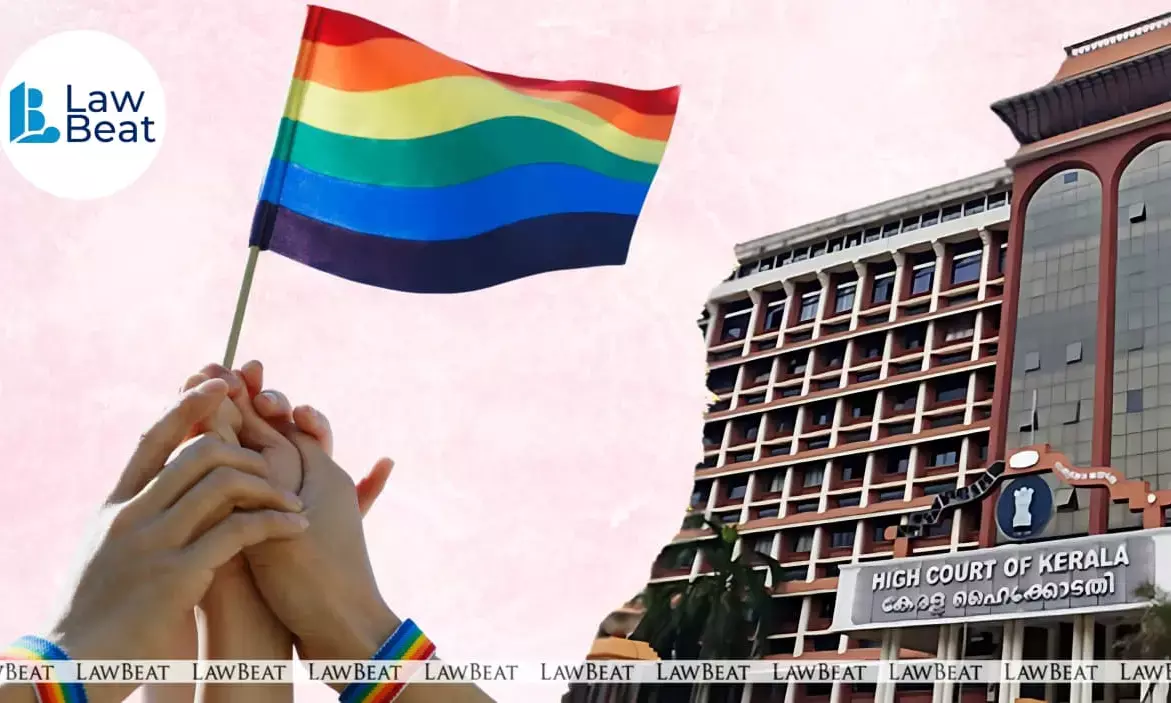‘NCC Act Doesn’t Contemplate Transgender Cadets’: Kerala HC Declines Plea but Nudges Centre

Kerala High Court dismisses transgender student's plea for NCC admission, cites NCC Act
The Kerala High Court on November 13, 2025, dismissed a plea filed by a 22-year-old transgender student seeking admission to the National Cadet Corps (NCC), holding that the current statutory framework permits enrollment only of male and female cadets.
Court, however, urged the Ministry of Defence and the Ministry of Law and Justice to examine the issue and take action, if necessary, to ensure inclusivity in the future.
The bench of Justice N. Nagaresh observed that while transgender individuals should ideally have equal opportunities to join the NCC, the existing law does not provide a legal basis for their inclusion. “The National Cadet Corps Act, 1948, as it stands now, does not contemplate an NCC Division for Transgenders,” the court noted.
The petitioner, Janvin Cleetus from Thiruvananthapuram, had applied for enrollment in the 30(K) Battalion of the Calicut Group, under the NCC Directorate for Kerala and Lakshadweep. Despite meeting all eligibility criteria and participating in the selection process, he was informed during the interview that his transgender identity made him ineligible for enrollment.
Contending that the rejection was discriminatory, Cleetus approached the High Court claiming violation of his fundamental rights under Articles 14, 15, 19, and 21 of the Constitution. His counsel argued that barring transgender persons from a national youth organisation like the NCC went against the spirit of equality and inclusion guaranteed under the Constitution and affirmed by the Supreme Court in NALSA v. Union of India (2014).
The Union government and the NCC authorities opposed the plea, stating that under Section 6 of the National Cadet Corps Act, 1948, only students of “male sex” or “female sex” are eligible to enroll. They also pointed to the nature of NCC training which involves close physical exercises, field camps, and shared accommodation, to argue that gender-specific divisions are essential for the safety and welfare of cadets.
Court agreed that the gender-based classification had a rational nexus to the purpose of maintaining discipline and safety in the NCC environment. “There is intelligible differentia in providing differential treatment in NCC for persons belonging to different genders,” Justice Nagaresh observed, adding that the training syllabus and accommodation setup inherently required gender segregation.
While upholding the rejection of Cleetus’s application, court noted that transgender individuals should not be permanently excluded from such national programmes. It said that the creation of a transgender division in the NCC or other inclusive policy measures would require detailed studies, policy formulation, and legislative amendment which fall within the domain of the executive.
“Formation of an NCC Transgender Division would require minimum and sufficient number of transgender students to form a separate division. Those are matters of policy which require sufficient studies,” court said, directing that a copy of its judgment be sent to the Ministries of Defence and Law & Justice for consideration of the issue.
The petitioner, Janvin Cleetus, was represented by Advocate Dhanuja M.S., while the Union of India and the National Cadet Corps authorities were represented by Senior Panel Counsel Dayasindhu Shreehari N.S. The State of Kerala was represented by Government Pleader Dheeraj A.S.
Case Title: Janvin Cleetus vs. UOI and others
Order Date: November 13, 2025
Bench: Justice N. Nagaresh
